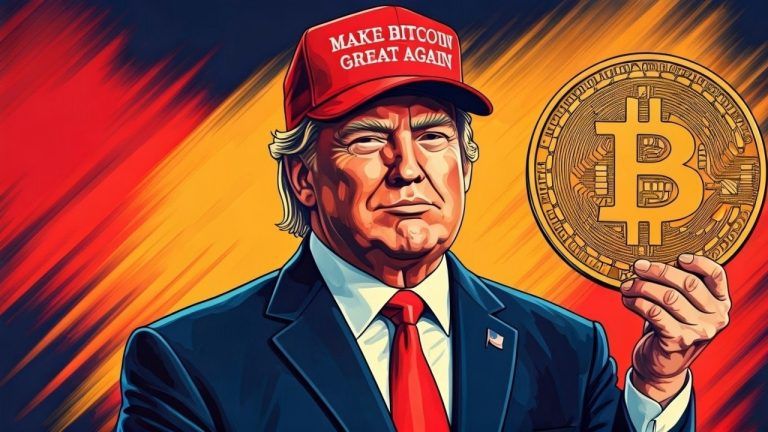According to the firm’s research analyst Matt Hogan, countries that avoid Bitcoin allocations may face greater risks than those that embrace the digital asset.
A New Era of Strategic ReservesIn a report titled “2025 Look Ahead,” Hogan emphasized that central banks, sovereign wealth funds, and government treasuries might soon establish strategic positions in Bitcoin. He referenced the successful playbooks of Bhutan and El Salvador, which reaped substantial returns from their Bitcoin investments in a short span. “We anticipate more nation-states will take notice and adopt similar strategies,” Hogan noted.
Leading nation states with the largest Bitcoin holdings. Source: FDA
Bhutan and El Salvador’s bold approaches have positioned them as early movers in the crypto space. El Salvador, in particular, has become a global symbol of Bitcoin adoption, leveraging the digital currency to boost economic growth and tourism.
US Leadership at a CrossroadsThe United States’ Bitcoin strategy remains a topic of debate. While the country holds approximately 198,109 BTC—valued at over $20 billion—mainly through asset seizures, regulatory frameworks prevent it from integrating these holdings into its treasury. Instead, seized Bitcoin is typically auctioned off.
President-elect Donald Trump and Senator Cynthia Lummis have proposed establishing a strategic Bitcoin reserve. The proposed “Bitcoin Act of 2024,” introduced by Lummis, calls for the Treasury Department to acquire up to 1 million bitcoins over five years. The initiative aims to counter inflation and stabilize the US dollar. “If enacted, this strategy could trigger a domino effect, compelling other nations to follow suit,” Hogan explained.
However, Hogan also warned that such moves are likely to occur discreetly. “No nation has an incentive to reveal their Bitcoin adoption plans upfront, as doing so would drive up prices and reduce their strategic advantage,” he said.
Bitcoin’s Mainstreaming Will Transform Traditional FinanceAccording to a Fidelity report, the adoption of Bitcoin by nation-states will propel the wider crypto market into explosive growth. It was stated that the mainstreaming of digital asset investment products, like spot Bitcoin and Ethereum ETFs, was underway. Hogan went so far as to refer to this as an “inflection point” for TradFi: structured digital asset products were in vogue.
Source: FDA
Additionally, Fidelity highlighted the growing role of tokenization, dubbing it the “killer app” of 2025. The on-chain value of tokenized assets is expected to double, reaching $30 billion by year’s end. “Tokenization’s potential in financial services and beyond is only beginning to be realized,” Hogan stated.
A Strategic Inflection PointFidelity’s analysis underscores a paradigm shift in how nations perceive Bitcoin. Beyond addressing inflation and fiscal deficits, adopting Bitcoin as part of a strategic reserve reflects broader geopolitical and economic ambitions. As Hogan aptly put it, “People are the policy,” emphasizing that leadership decisions will shape the trajectory of Bitcoin adoption.
The year 2025 may mark the dawn of a new era for digital assets, with nation-state adoption driving innovation and cementing Bitcoin’s role as a global financial staple. For investors and policymakers alike, the time to prepare for acceleration is now.


















